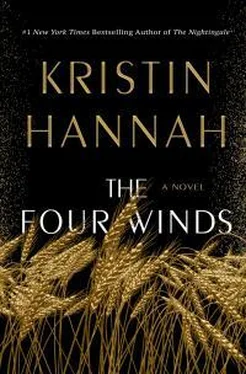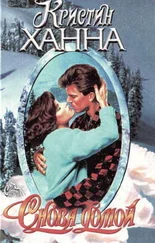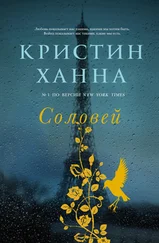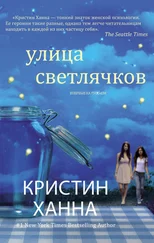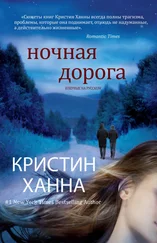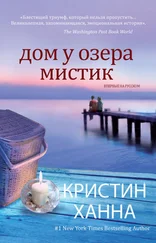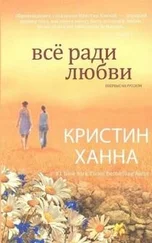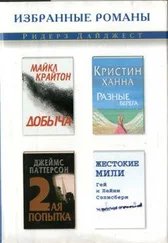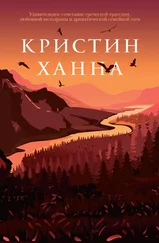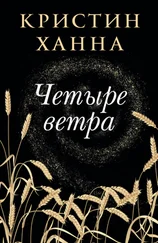Papa opened the trunk, revealing the food Maria had spent days preparing. Food Mama would take credit for making. Family recipes, handed down from her Texas pioneer ancestors—molasses stack cakes, Aunt Bertha’s spicy gingerbread, upside-down peach cake, and Grandpa Walt’s favorite ham with red-eye gravy and grits—every item designed to remind people of the Wolcotts’ deep place in Texas history.
Elsa fell into step behind her parents, carrying a still-warm Dutch oven toward the wooden grange hall.
Inside, colorful quilts had been used for everything from decorations to tablecloths. Along the back wall were several long tables filled with food: pork roasts and rich, dark stews, trays full of green beans cooked in bacon fat. There would undoubtably be chicken salads, potato salads, sausage and biscuits, breads, cornbread, cakes, and pies of all kinds. Everyone in the county loved a party and the women worked hard to impress each other. There would be smoked hams, rabbit sausage, loaves of bread with freshly churned butter, hard-boiled eggs, fruit pies, and platters full of hot dogs. Mama led the way to the corner table, where the women of the Beautification League were busy rearranging the offerings.
Elsa saw her sisters standing with the women of the Beautification League. Suzanna was wearing a blouse made from Elsa’s red silk. Charlotte wore a red silk scarf at her throat.
Elsa stopped; the sight of her sisters in that red silk made her heartsick.
Papa joined the men clustered in loud conversation beside the stage.
Even though Prohibition made liquor illegal, there was plenty to be had for the men, who were a tough, sturdy group of immigrants from Russia, Germany, Italy, and Ireland. They’d come here with nothing and made something out of that nothing and they didn’t cotton to being told how to live, not by each other or by a government that hardly seemed to know the Great Plains existed. Although they tended to look a little worn, many of the men had plenty of money in the bank. When wheat sold for a dollar thirty a bushel and cost forty cents to grow, everyone in town was happy. With enough land, a man could become rich.
“Dalhart is on its way,” Papa said loudly enough to be heard above the music. “I’m gonna build us a damn opera house next year. Why should we have to go to Amarillo for a little culture?”
“We need electricity in town. That’s the ticket,” Mr. Hurst added.
Mama continued to rearrange the food, which had never yet been done to her standards in her absence. Charlotte and Suzanna laughed with their pretty, well-dressed friends, most of whom were young mothers.
Elsa spotted Rafe, standing with the other Italian families in the corner by a food table. His black hair, floppy on top and shorter along his ears, needed cutting. The pomade he’d used made it shiny but couldn’t quite control it. He wore a plain shirt, worn at the elbows, brown pants, saddle-leather brown suspenders, and a plaid bow tie. A pretty, dark-haired girl clung to his arm.
In the six weeks since she’d seen Rafe, his face had been further tanned by hours in the fields.
Look this way, she thought, and then: No, don’t.
He would pretend not to know her. Or, worse, not even to see her.
Elsa forced herself to move forward, hearing her heels click on the hardwood dance floor.
She put the Dutch oven down on the white-clothed table.
“Heavens, Elsa. Ham in the middle of the dessert table. Whatever are you thinking?” Mama said.
Elsa took the pot up and carried it to the next table. Each step took her closer to Rafe.
She set the pot down as quietly as possible.
Rafe looked over, saw her. He didn’t smile; worse, his gaze cut worriedly to the girl standing next to him.
Elsa immediately looked away. She couldn’t stand here, longing like this. It was suffocating. And the last thing in the world she wanted was to be ignored by him all night.
“Mama?” she said, moving in beside her mother. “Mama?”
“You see I am speaking to Mrs. Tolliver?”
“Yes. I’m sorry. It’s just…” Don’t look at him. “I’m not feeling well.”
“Too much excitement, I imagine,” Mama said, glancing at her friend.
“I think I should go home,” Elsa said.
Mama nodded. “Of course.”
Elsa was careful not to look at Rafe as she walked toward the open door. Couples spun past her on the dance floor.
She opened the door and stepped out into the warm, golden early evening. The door banged shut behind her, softening the strains of the fiddle music and the stomp of dancing feet.
She made her way through the collection of parked cars, past the horse-drawn wagons that brought the less successful farmers to town for events like this.
Main Street was quiet now, bathed in a butterscotch glow that would soon melt into night. She stepped up onto the boardwalk.
“Els?”
She stopped, turned slowly.
“I’m sorry, Els,” Rafe said, looking uncomfortable.
“Sorry?”
“I should have spoken up back there. Waved or something.”
“Oh.”
He came closer, so close she could feel the warmth emanating from him and smell the trace scent of wheat.
“I understand, Rafe. She’s lovely.”
“Gia Composto. Our parents decided we would marry before we could walk.” He leaned closer. She felt his warm breath on her cheek.
“I dreamed about you,” he said in a rush.
“Y-you did?”
He nodded, looking a little embarrassed.
She felt as if she’d just edged toward a cliff; below was a fall that could break her bones. His look, his voice. She stared into his eyes, which were dark as night and soulful and just a little sad, although what he could possibly have to be sad about, she couldn’t imagine.
“Meet me tonight,” he said. “Midnight. At the old Steward barn.”
ELSA LAY IN BED, fully dressed.
She shouldn’t go. That much was obvious. The bruise on her jaw had healed, but the mark of it remained beneath the surface. Good women did not do the thing Rafe had asked of her.
She heard her parents come home, climb the stairs, open and close their bedroom door down the hall.
The bedside clock read 9:40.
Elsa lay there, breathing shallowly, as the house quieted.
Waiting.
She shouldn’t go.
It didn’t matter how frequently she said it in her head, because not once, not for one moment, had she considered following her own advice.
At eleven-thirty, she got out of bed. The room was still stiflingly hot, but her window looked out on the Great Plains night sky. Her childhood portal to adventure. How often had she stood at this window and sent her dreams into those unknown universes?
She opened the window and climbed out onto the metal flower trellis. It seemed as if she were crawling into the starlit sky itself.
When she dropped onto the thick grass, she paused, waited nervously to be detected, but no lights came on inside. She crept over to the side of the house and retrieved one of her sisters’ old bicycles. Climbing aboard, she pedaled out to the road and down Main Street and out of town.
The world at night was big and lonesome in a way that locals had become used to, illuminated only by starlight, pinpricks of white in a dark world. There were no homes out here, nothing but darkness for miles.
She pulled up to the old barn and dismounted, setting her bicycle in the blanket of buffalo grass beside the road.
He wouldn’t show up.
Of course he wouldn’t.
She could remember every word he’d said to her, few as they were, and every nuance of expression on his face as he spoke. The way his smile started on one side and kind of slid slowly into place. The pale comma of a scar along his jaw, the way one incisor poked out just a little.
Читать дальше
